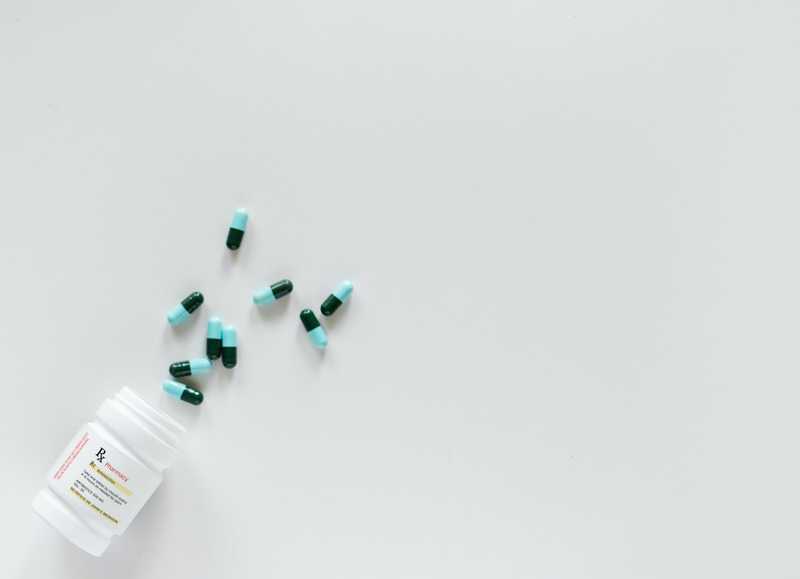Currently, we can identify just over 600 different drugs that are known to interact with cannabis. That list covers nearly 4,300 brand-name drugs. Because everyone’s biochemistry is unique, some people may experience low-risk side effects while others may deal with more serious symptoms when consuming medications and marijuana together.
When consumed together, cannabis plays a role in how prescription medications behave in our bodies. Most of the effects may not even be noticeable, but there are a few things you should be aware of, so you can make the best choices when figuring out your medication strategy.
Is it Dangerous to Mix Cannabis With Some Drugs?
Though cannabis is relatively safe, it does interact with the organ responsible for metabolizing prescription drugs: the liver. Enzymes in the liver break down medications and make them available to the body. Meanwhile, marijuana can speed up or slow down the enzymes, making the level of the medications in the body rise or fall. So, if you take a prescription medication along with marijuana, it’s possible the marijuana will make it so that too much of the prescription becomes available at once, or not enough of the medication will be released into the body.
Combining Marijuana With Benzodiazepines
Benzodiazepines depress the central nervous system (CNS). When mixed with other substances that also depress the CNS, it’s possible to fall into respiratory failure that could potentially result in a coma or death.
At the moment, research is unclear on exactly how cannabis affects the CNS. Some early research suggests that cannabis may be actually be a CNS stimulant rather than a depressant. It’s also possible individual cannabinoids within cannabis have different effects on the CNS.
But for anti-anxiety medications like benzodiazepines, the main issue in consuming them alongside cannabis is that it can make the effects of the pharmaceuticals stronger or weaker. If someone is experiencing a panic attack, and the Ativan they take doesn’t work as well because they also consumed cannabis, it could obviously lead to a host of problems.
It’s also possible that cannabis could enhance some of the benzos’ side effects like drowsiness. This can lead to related risks like driving while impaired or poor judgment in other situations.
RELATED: CAN CANNABIS REPLACE BENZODIAZAPINES FOR ANXIETY?
Mixing Antidepressants With Cannabis
Another potential cause for concern when it comes to cannabis interacting with other drugs could be around what happens when antidepressant medications and marijuana are consumed together. Cannabis probably won’t entirely disrupt the effects of antidepressants, but the consequences could be very unpleasant.
Sertraline, the antidepressant found in Zoloft, may enter the blood in higher concentrations if it’s mixed with cannabis. It’s also possible that sertraline may not work as well when combined with marijuana. For those who rely on this medication to keep them healthy, the potential for having too much or too little of it could severely impact their state of mind.
Another potential side effect to be aware of when thinking about mixing cannabis with antidepressants is that, if marijuana does raise antidepressant medication levels in the blood, this means more serotonin may then enter the system. This can lead to a condition called serotonin syndrome, which has a long list of symptoms ranging from diarrhea to seizures.
Always Let Your Doctor Know You Consume Cannabis
Despite cannabis being generally safe to consume, it’s still good to tell your doctor about your marijuana consumption if you’re thinking about going on any prescription drug. Though it’s not likely to cause you serious problems, you want to avoid any negative effects from combining the two.
It’s also a good idea to find out how each medication truly affects you on its own. So, you might want to start out by consuming just one medication at a time to see if it addresses your health concerns. And if you have any adverse effects, it’s easier to pinpoint the culprit if you take one medication in isolation.
Knowing all of this can help lead to better decisions—and ultimately better health.
Photo credit: rawpixel
